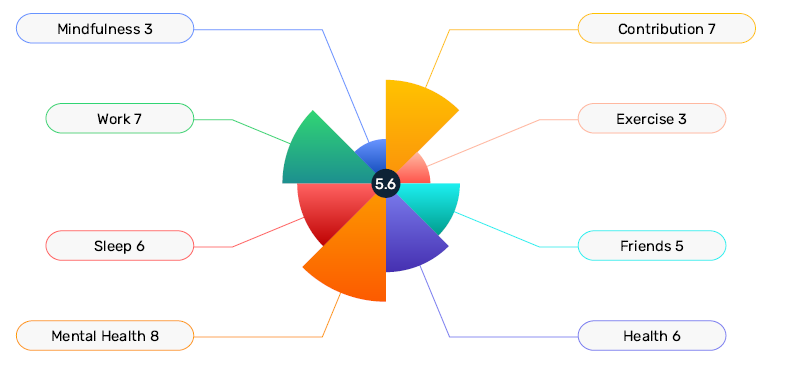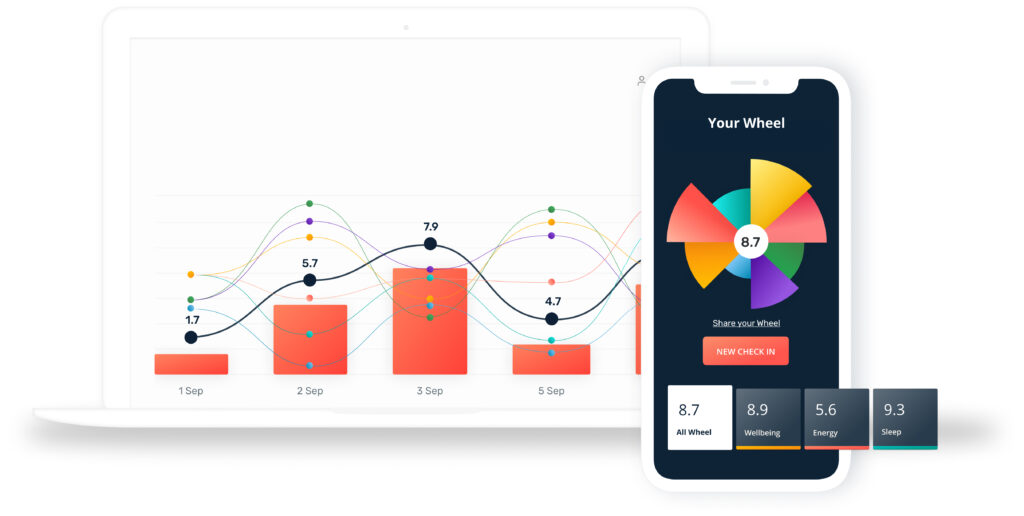The Art of Connection: How to Strengthen Client Relationships through Meaningful Conversation
Meaningful conversation plays a pivotal role in nurturing positive relationships and fostering growth. In this blog post, you will learn how to improve your connection with the people you are working with. As you learn to discuss strengths, address areas of improvement, track progress over time, and celebrate successes you will facilitate deeper and more meaningful interactions with your clients. We will also discuss how iyarn can be a tool to help in these conversations.
Strength based conversations:
When initiating a conversation with a client, it’s always best to start out by focusing on their strengths and areas that they are succeeding in. Acknowledge the things that are going well for them and ask them to share positive stories with you. Focusing on the positive sets the tone for your conversation and helps you establish good rapport with the people you are working with. Express your gratitude for their willingness to be open with you and share their progress.
With iyarn:
After a check in is complete you will see the individual scores for each segment. Look first at the high scores and areas of strength and start here in your conversation. Always point out what is going well. For example, with the check in below, you should first focus on how well the person is doing at work and feeling like they’re contributing. You might say, “I noticed that contribution was one of your high scores on your recent check in. What is something you’ve contributed recently that you’re really proud of?” or “I noticed you scored high for work. What do you like most about your job?” These questions will facilitate meaningful discussion around areas of strength.

Talking about areas of improvement:
When talking about areas of improvement, approach the topic with sincere curiosity. This curiosity and empathy is essential in fostering a supportive dialogue. Begin by expressing genuine interest in the client’s experiences and challenges, ensuring they feel heard and understood. Instead of framing it as a critique, ask open-ended questions to explore the factors contributing to the perceived struggles. Encourage them to share their perspectives, thoughts, and feelings, creating a space for open communication. This curiosity-driven approach allows for a deeper understanding of the root causes behind challenges, paving the way for more targeted and effective solutions. By approaching the conversation with a curious mindset, you not only empower the client to reflect on their journey but also convey a genuine commitment to working together to overcome obstacles and achieve their goals.
With iyarn:
Choose one or two segments that you are most curious about. You might also ask the person you are working with which of the low segments they’d like to discuss or receive the most help with. After asking open-ended questions to really understand how to best support the individual in their unique circumstances, offer support resources that might help from iyarn’s support resource library. Set up another time for them to complete a check in and set specific goals with the individual to support them in their challenges.
Talking about progress over time:
Discussing progress over time is a valuable aspect of any client conversation, as it provides a comprehensive perspective on the journey towards personal growth based on your service delivery and their time in the program. When they’ve made progress ask the client what support was most helpful for them. Pay attention to both positive changes and achievements as well as negative trends or areas that may require further support and intervention. These discussions will encourage sustained growth and success as well as identify potential concerns before they escalate.
Invite the person you’re speaking with to share their own reflections on the changes they’ve noticed, giving them a chance to reflect on their own data. This collaborative and introspective discussion with strengthen your relationship with the client.
With iyarn:
Check in data from iyarn makes it very easy to see upward trends or dips in progress from one check in to another and over time. It gives a clear overview of how a person is tracking. Have the person you are working with pull up their check in data. Ask them to identify trends. If you notice a downward trend, point out other times that they’ve made it through a difficult time. Helping them learn that life has ups and downs helps them build resilience.

Celebrating successes:
Celebrate the success of the people you are working with. Celebrating success in conversations not only uplifts the spirits of those involved but also serves as a powerful catalyst for fostering self-awareness and introspection. When individuals acknowledge their achievements, and talk about them, whether big or small, it creates motivation and momentum for future success. This positive reinforcement not only boosts confidence but also encourages a deeper reflection on personal strengths, capabilities, and the journey undertaken. It helps prompt individuals to identify the factors that contributed to their accomplishments and helps them develop greater self-awareness. This introspective process allows them to recognize their unique abilities and the strategies that led to success, empowering them to replicate and build upon these positive experiences in the future. Ultimately, celebrating success in conversations creates a dynamic cycle of motivation, self-discovery, and continuous growth, nurturing a mindset of achievement and resilience.
With iyarn:
Not only does iyarn make it easy to capture and see progress visually, it’s easy to share it. Encourage the participants to leave a comment for further explanation of their success and share a picture as well with their check ins. These pictures and positive stories can be shared with team members or other individuals in the clients lives.
As you follow these tips in your conversations, you can create a relationship focused on empowerment, collaboration, and growth. Leveraging the capabilities of iyarn, we’ve explored how this approach can transform the dynamics of discussions surrounding progress and challenges. Whether navigating through high scores and areas of strength, addressing improvement with curiosity and empathy, tracking progress over time, or celebrating successes, iyarn serves as a valuable companion in this journey.




